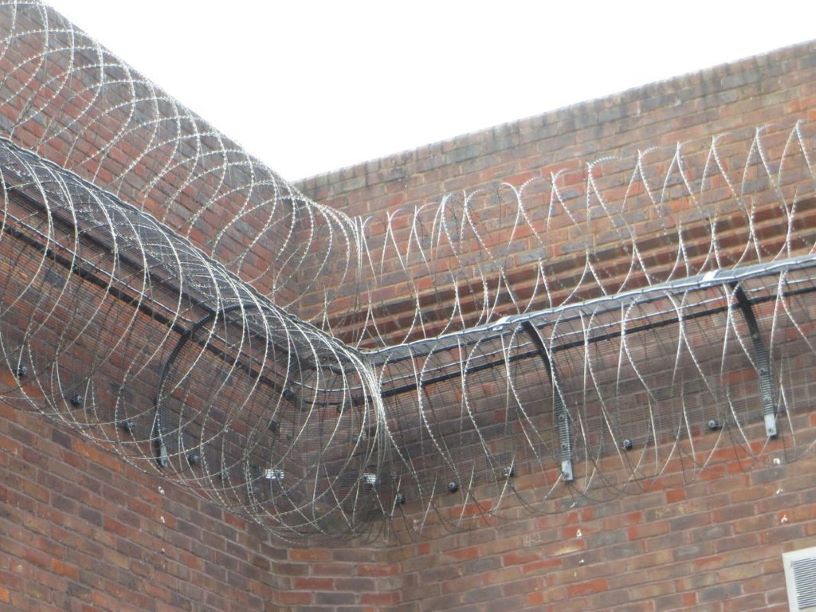Quakers call for radical overhaul of sentencing
The government must focus on reforming and rehabilitating offenders and addressing the root causes of crime if it is to fix the prison system, Quakers in Criminal Justice (QICJ) said.

In their submission to the Ministry of Justice's Independent Sentencing Review, QICJ said the UK's "tough on crime" approach harms society and does not stop reoffending.
The review, which is to present its findings by the spring, aims to address the severe overcrowding which brought the prison system within days of collapse in summer 2024.
The prison population in England and Wales has doubled over the last 30 years and is now the highest incarceration rate of any Western European country.
But the supply of new prison places has not kept up with demand. For the 18 months after February 2023, the male estate was routinely operating at above 99 per cent capacity.
QICJ said real public safety should be prioritised over populist rhetoric, moving towards helping people change rather than using harsh punishments.
Tim Newell, former governor of HMP Grendon, told the review: “It is fundamental to our beliefs as Quakers, inspired by the teachings of Jesus, that everyone has good in them somewhere.
“It may be hard to find but it is always there. Condemn the deed, punish if you must, but so much more can be achieved if you also respect and nurture that potential nugget of goodness within every offender."
Data shows that the number of inmates serving over 10 years has nearly tripled since 2001.
But evidence reveals that long sentences do not deter people from committing crimes. Certainty of being caught is a far better deterrent, QICJ said.
QICJ highlighted the role of Adverse Childhood Experiences (ACEs) such as abuse or neglect, in driving crime.
Nearly half of prisoners have faced four or more of these traumatic experiences and QICJ called for more training for prison and probation staff to address these issues.
They also recommended:
- Investing in restorative justice and therapeutic communities, such as HMP Grendon, which have lower reoffending rates.
- Expanding community sentences and alternatives to custody, which are cheaper and more effective in reducing reoffending.
- Relying less on electronic monitoring and providing better human support through a well-funded Probation Service.